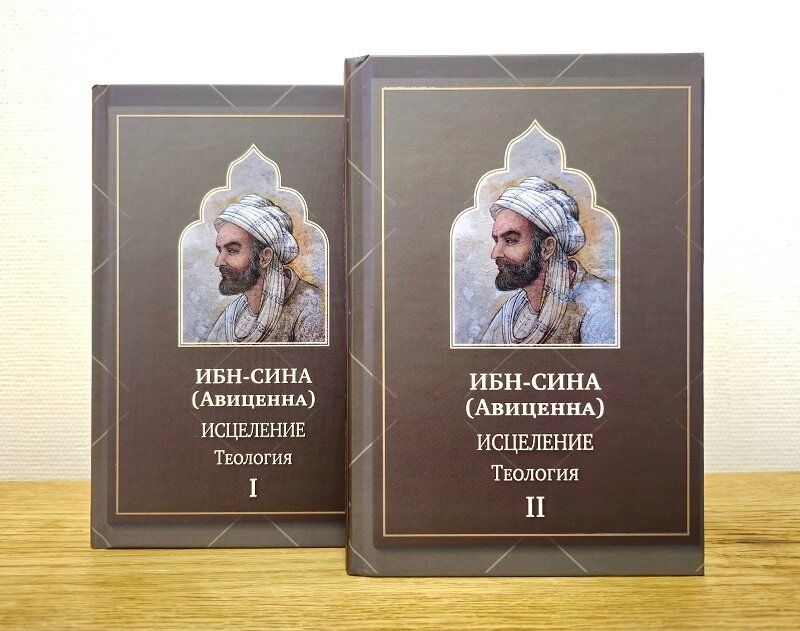Ibn Sina’s “Healing, Theology” among best of book festival in Ryazan

TEHRAN-The two-volume book of Ibn Sina (Avicenna) titled “Healing, Theology” was awarded a 2nd degree diploma in the category of best publication of spiritual and religious literature at the closing ceremony of the 10th Interregional Book Festival “Reading World” held in Ryazan, Russia, last week.
The Sadra Publishing House has published the book with the support of the Ibn Sina Foundation and the assistance of the Institute of Oriental Studies of the Russian Academy of Sciences.
The award was presented to the employees of the Sadra Publishing House by the Minister of Culture of the Ryazan Region E.A. Vasilyeva, Ibn Sina Foundation reported.
“Healing, Theology” includes notes and afterwords by Doctor of Philosophy, Professor, and Chief Researcher of the Institute of Oriental Studies of the Russian Academy of Sciences Taufik Ibrahim.
This edition presents, for the first time in Russian, a complete translation of the section on metaphysical theology from the encyclopedic work “Healing”.
Ibn Sina (circa 980-1037) was a preeminent philosopher and physician of the Muslim world, flourishing during the Islamic Golden Age. He is often described as the father of early modern medicine. His philosophy was of the Peripatetic school derived from Aristotelianism.
His most famous works are “The Book of Healing,” a philosophical and scientific encyclopedia, and “The Canon of Medicine,” a medical encyclopedia, which became a standard medical text at many medieval European universities and remained in use as late as 1650. Besides philosophy and medicine, Ibn Sina’s corpus includes writings on astronomy, alchemy, geography and geology, psychology, Islamic theology, logic, mathematics, physics, and works of poetry.
He wrote most of his philosophical and scientific works in Arabic, but also wrote several key works in Persian, while his poetic works were written in both languages. Of the 450 works he is believed to have written, around 240 have survived, including 150 on philosophy and 40 on medicine.
SS/SAB
